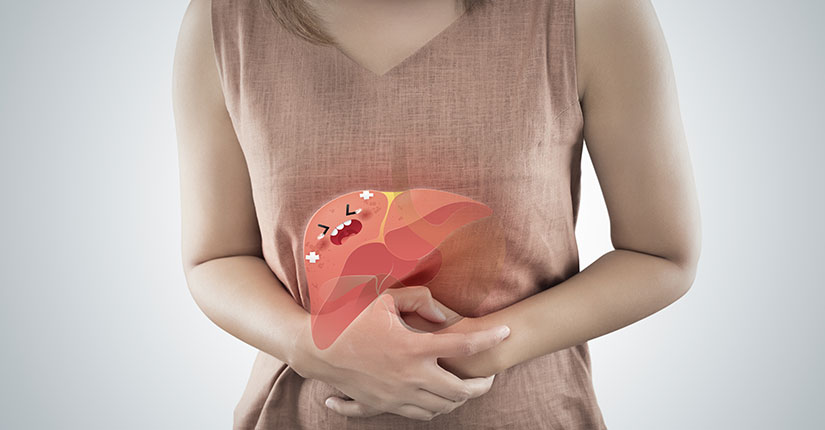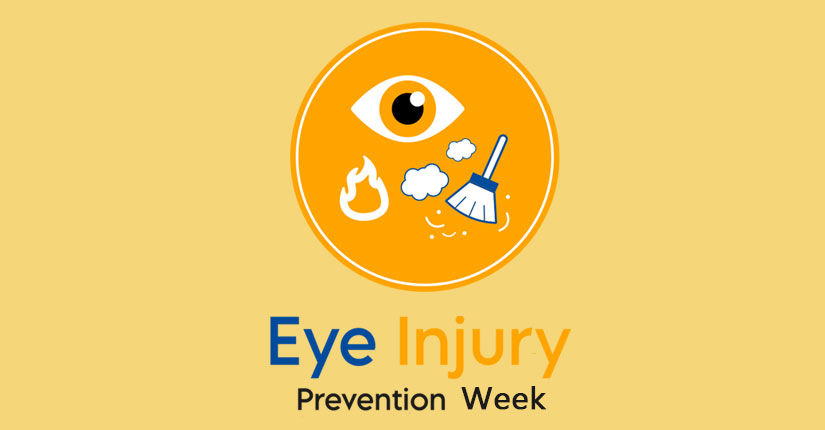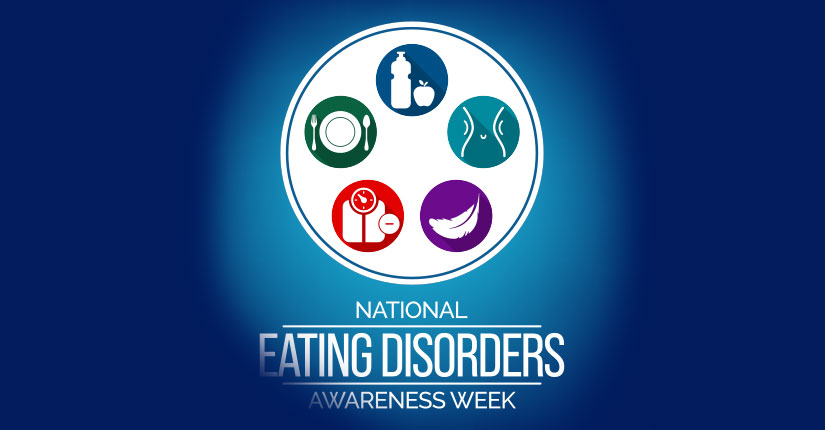6 Reasons how nutrition plays an important role in preventing PCOS
By Nmami Agarwal 05-Sep 2023 Reading Time: 11 Mins

PCOS (Polycystic Ovary Syndrome) is a hormonal disorder that affects millions of women worldwide and it is characterized by irregular periods, weight gain, excessive hair growth, and acne while the exact cause of PCOS is unknown, it is believed that poor nutrition and a sedentary lifestyle play a significant role in its development. Eating a healthy and balanced diet can help prevent the onset of PCOS and also improve the symptoms in women who already have it. We will discuss the power of nutrition and how it can help prevent PCOS.
Understanding PCOS: What is Polycystic Ovary Syndrome?
Polycystic Ovary Syndrome (PCOS) is a common hormonal disorder that affects millions of women worldwide which is characterized by an imbalance of reproductive hormones, specifically an excess of androgens (male hormones) in the female body. This hormonal imbalance can lead to a variety of symptoms and health issues, including irregular menstrual cycles, cysts on the ovaries, weight gain, acne, and infertility. Understanding PCOS is crucial in order to take the necessary steps to prevent it while the exact cause of PCOS is still unknown, research suggests that genetics, insulin resistance, and lifestyle factors all play a role and omen with PCOS often have higher levels of insulin, the hormone responsible for regulating blood sugar, which can lead to weight gain and difficulty in maintaining a healthy weight. The impact of PCOS goes beyond physical symptoms, as it can also have significant emotional and psychological effects on those affected and living with PCOS can be challenging, but the good news is that there are ways to prevent and manage this condition. One of the most powerful tools in preventing PCOS is nutrition. A well-balanced and nutrient-rich diet can play a crucial role in regulating hormones, improving insulin sensitivity, and supporting overall reproductive health by making smart food choices and adopting a healthy eating pattern, you can significantly reduce your risk of developing PCOS or manage its symptoms if you already have it. Incorporating foods that are low in sugar and refined carbohydrates, while high in fiber, healthy fats, and lean proteins, can help stabilize blood sugar levels and support hormonal balance. Moreover, certain nutrients like omega-3 fatty acids, vitamin D, and antioxidants have been shown to have beneficial effects on PCOS symptoms.
Hormonal Balance: How Nutrition Can Help Regulate Hormones
Hormonal balance plays a crucial role in overall health, and when it comes to conditions like Polycystic Ovary Syndrome (PCOS), maintaining proper hormone levels is even more vital. PCOS is a hormonal disorder that affects millions of women worldwide, causing a range of symptoms such as irregular periods, weight gain, acne, and fertility issues. While medical interventions are available, nutrition can also play a significant role in managing and preventing PCOS by helping to regulate hormones.
1. Insulin Regulation: One of the key factors in PCOS is insulin resistance, which leads to elevated insulin levels in the body and by adopting a balanced and nutritious diet, you can stabilize blood sugar levels, improve insulin sensitivity, and reduce the risk of developing insulin resistance which can help prevent the onset of PCOS or manage existing symptoms.
2. Anti-Inflammatory Properties: Chronic inflammation is often associated with hormonal imbalances, including PCOS which includes anti-inflammatory foods in your diet, such as fruits, vegetables, whole grains, and healthy fats, can help reduce inflammation in the body. This, in turn, promotes hormonal balance and reduces the severity of PCOS symptoms.
3. Healthy Fats for Hormone Production: Healthy fats play a crucial role in hormone production and regulation. Including sources of omega-3 fatty acids, such as fatty fish, flaxseeds, and walnuts, can support hormone synthesis and balance also these fats also have anti-inflammatory properties and can further aid in managing PCOS symptoms.
4. Balancing Estrogen Levels: PCOS is often associated with imbalances in estrogen levels and certain foods, such as cruciferous vegetables like broccoli, cauliflower, and kale, contain compounds that can help balance estrogen levels in the body. Incorporating these foods into your diet can contribute to hormonal balance and alleviate PCOS symptoms.
5. Blood Sugar Control: High levels of blood sugar can disrupt hormone levels and exacerbate PCOS symptoms. Consuming whole foods that are low on the glycemic index, such as whole grains, legumes, and non-starchy vegetables, can help regulate blood sugar levels which can contribute to better hormonal balance and reduce the risk of PCOS.
6. Nutrient-Rich Diet: A well-rounded and nutrient-rich diet is essential for overall hormonal health and adequate intake of essential vitamins and minerals, such as vitamin D, magnesium, and zinc, can support hormone production and regulation. These nutrients can be found in foods like fatty fish, dairy products, leafy greens, and nuts.
Focusing on nutrition and adopting a well-balanced diet, you can positively impact hormonal balance and reduce the risk or severity of PCOS. It’s important to consult with a healthcare professional or registered dietitian specialized in PCOS to create a personalized nutrition plan that caters to your specific needs and goals. Together with medical interventions, proper nutrition can be a powerful tool in preventing and managing PCOS effectively.
Taking Action: Implementing a PCOS-Friendly Diet and Lifestyle
Implementing a PCOS-friendly diet and lifestyle is a crucial step towards managing and preventing the symptoms of Polycystic Ovary Syndrome (PCOS) by making conscious choices about what we eat and how we live, we can positively impact our hormonal balance and overall health. Here are six compelling reasons to take action and adopt a PCOS-friendly approach:
1. Regulating Insulin Levels: Insulin resistance is a common characteristic of PCOS. By following a diet that focuses on low glycemic index foods, we can help stabilize our blood sugar levels and reduce insulin resistance. This includes consuming whole grains, lean proteins, and plenty of fruits and vegetables.
2. Balancing Hormones: A PCOS-friendly diet emphasizes foods that promote hormonal balance. Incorporating foods rich in omega-3 fatty acids, such as fatty fish, flaxseeds, and walnuts, can help to reduce inflammation and regulate hormone production.
3. Managing Weight: Excess weight can exacerbate the symptoms of PCOS and implementing a balanced diet that includes portion control and regular exercise can aid in weight management, which in turn can improve insulin sensitivity, regulate menstrual cycles, and reduce the risk of other associated health conditions.
4. Reducing Inflammation: Chronic inflammation is often observed in individuals with PCOS. By consuming anti-inflammatory foods such as leafy greens, berries, turmeric, and ginger, we can help reduce inflammation and promote overall well-being.
5. Enhancing Fertility: For women with PCOS who are trying to conceive, adopting a PCOS-friendly diet and lifestyle can improve fertility by focusing on nutrient-dense foods, reducing processed foods and sugary beverages, and maintaining a healthy weight, we can optimize our reproductive health.
6. Improving Overall Health: Beyond managing PCOS symptoms, implementing a PCOS-friendly diet and lifestyle can have far-reaching benefits for our overall health. By nourishing our bodies with wholesome foods, staying physically active, managing stress, and prioritizing self-care, we can support our immune system, cardiovascular health, and mental well-being.
Taking action to implement a PCOS-friendly diet and lifestyle is a proactive approach to managing and potentially preventing PCOS-related complications by making positive changes, we can empower ourselves to take control of our health and pave the way for a healthier future.





















